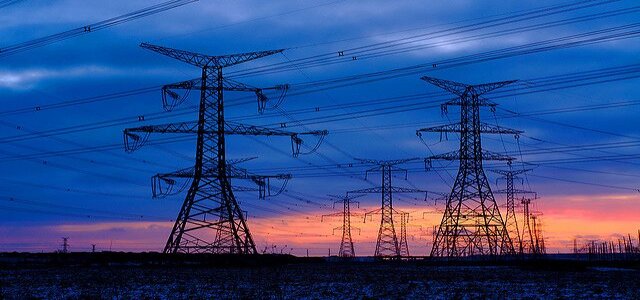
Capacity, Firmness and Accessing Power
In layman’s terms, they’re looking at changing the rules on how Industrial and Commercial customers access the network. What’s the over-arching message? Network capacity is likely to be allocated to those who value it most, using a market-based mechanism. Put simply, if you want a fixed level of supply, for a fixed period, then you’ll pay less per unit than someone else who wants flexibility. The correct term for this is Firmness and it’s all about the grid being able to predict future demand. Ofgem is looking at both retrospective (residual) network charging, which helps pay for the ‘sunk’ network costs, as well as how to charge for future access and use of the system.
Rationing?
I’ll take a quote directly from the working paper:
“Access may be curtailed according to pre-defined rules (e.g. ‘last-in first-out’ or ‘pro-rata’), or at an agreed price which users may offer through a market mechanism”
Capacity is currently allocated on a first-come first-served basis. Any power connected to site is yours to do with as you wish and you’re not forced to use it. In future, however, if Business A and Business B are on the same supply, and one needs more than the other, then it’s highly likely that the highest bidder will achieve greater security of supply going forward.
Complicated by Geography
Geographical constraints on availability are well known. Companies have sometimes been made to wait for years to upgrade a supply. This has, in part, led to an increase in self-generation. In future years, we may see both local and wider regional market-based agreements in place. For example, a small company with a shared sub-station may avoid TUoS charges by taking a calculated risk and be restricted by that local capacity. However, that estate may itself be restricted by higher level area capacity. Should a major player directly connected to the grid pay more for greater capacity, it could impact on availability for those only connected locally. If the granularity allows for true Smart control, automatic switching may take place, market driven of course. This could easily be triggered by existing frequency set-points involved in DFFR.
How much is this going to cost me?
We need to take a step back to the ‘firmness’ issue. It’s highly likely that actual consumption costs will ‘fall’ (in reality they’ll probably be static). However, to guarantee a level of supply, you may commit to a higher level of capacity than at present. On the customer side of the equation, businesses will want security in the knowledge that they can continue to power their investment for years to come. This suggests that there may well be an even greater role for TPIs as negotiators, particularly those with a high degree of technical ability. It will no longer solely be down to price and specialists will need to understand distribution. Charges themselves may even reflect seasonal variations, where granularity is sufficient, Time of Use will be factored in.
Is On-site Generation the key?
Self-generation continues apace. OFGEM is clear that this isn’t going to change. However, they are mooting a possibility to charge for access both to and from the network, more akin to water rates. This may also include an element of risk-sharing between DSO and Consumer where investment is required. If a site doesn’t wish to export, then they won’t pay.
Where do Efficient Power Solutions come in?
OFGEM have made two things clear, firstly, that this is all up for discussion, and secondly, that it’s not up for implementation until 2020/21. Therefore it is going to happen, however, there is time to plan.
Every business needs to have this on their radar, built into their business planning and factored in as a risk element. It does however almost certainly increase the need for looking closely at overall energy consumption and especially considering any opportunities for self-generation. The stronger a position that you’re in, the better placed you’ll be to deal with these changes.
For unbiased advice on any of these topics, contact Dave or Kevin at Efficient Power Solutions on 01909 569016.



